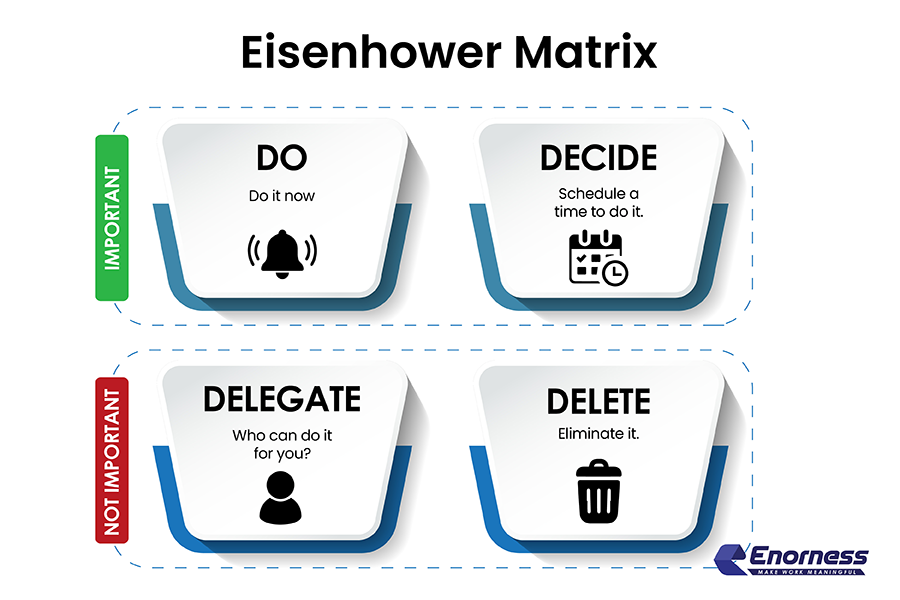Remote staffing is the new norm, companies and enterprises are opting for this new mode of working especially in the post-COVID times. Remote working has tons of benefits for both employees and employers but it has one major problem and that is productivity. Once you are working in a remote setting, getting distracted is much easier, which will result in low productivity.
In this blog, we’ll provide practical strategies for maximizing productivity and maintaining a work-life balance in your work setting.
Following are the practice steps you can take to implement a balanced lifestyle while being super productive at your work.
Always ensure that you have a dedicated workspace in your home. A place where you can feel like at work and can focus primarily on the assigned tasks peacefully. Most people work on their bed or sofa, which is not recommended because you are at the place where you sleep so it is much easier for you to get distracted.
You can work from anywhere in the world, when you deciding your workplace always ensure it is accessible and convenient during working hours. Your personal space is a good option because you have everything available there.
However, few people find it a challenge to separate their personal and professional lives, so they prefer to sit outside their homes. Some choose the library, some prefer to work in coffee shops, and some in coffee shops and co-working spaces. Whichever place is suitable for you but ensure the following elements
A messy and unorganized workspace can trigger anxiety and stress. Research also shows that 31% of the workers feel more stressed and overwhelmed when having a cluttered desk. Therefore, always make sure to follow these points.
Remote workers have to make constant decisions about their actions which can drain them mentally. Learning team management can make things simple and easy for them and you can plan things wisely and allot the required time to specific task and activities.
Learning time management for remote staffing is highly important and it’s not too difficult but requires effort, practice, and self-discipline. you can learn time management as a remote staffing worker using strategies
You can follow time management techniques, the Pomodoro technique is a popular and tested strategy to follow. It works like this: For every 25 minutes you work on a task, take a 5-minute break time. Repeat these steps 4 times, and you can take a 20 to 30-minute break after.
Consider using the Eisenhower matrix to distinguish between urgent tasks and those that are important.

People feel better emotionally when there are fewer things on them. Automation reduces the stress level of the remote staffing worker because it handles mundane and repetitive tasks.
Lack of social interaction between team members could cause detachment. According to Zippa’s research, once a week, almost 50% of remote employees feel lonely. Regular check-ins can make a huge difference in boosting your team’s morale and fostering a sense of belonging.
The main idea of regular check-ins is to discuss the individual employees’ progress, provide feedback, raise concerns, seek guidance, and have a slight chit-chat.
Overall, every working individual from remote staffing should know these productivity steps in their daily workflow to streamline it.
Tell us about your project and we will handle the rest
